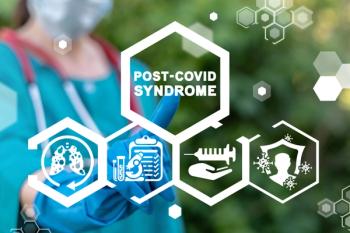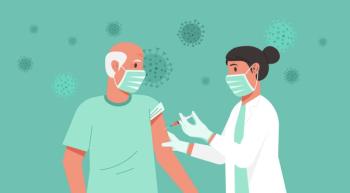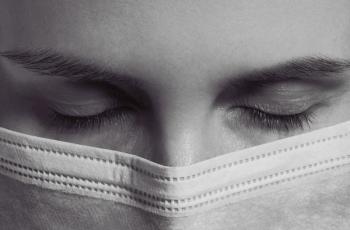
Life, Liberty, and the Pursuit of Happiness—In Spite of the Pandemic
Psychological liberty has been constricted as rates of virtually all mental disorders and subclinical problems like racism have been rising in recent years and during the pandemic. But it's not too late.
CORONAVIRUS CHRONICLES
In psychiatry, we don’t often talk about the phrase from the Declaration of Independence, “Life, Liberty, and the pursuit of Happiness.” Yet, the phrase is fitting in our field, especially during the COVID-19 pandemic.
Certainly, we try to preserve life by preventing suicide, homicide, and psychiatrically related medical problems. We will break our ethical principle of confidentiality if we make a clinical judgement that a life is in danger.
If we view liberty as psychological freedom, that is one of the essential aspects of our work. Most mental illness constrains psychological freedom of thought and action. Clinical depression, for instance, causes undue negative thinking that can even result in suicide.
Freud cautioned against patients against expecting greater happiness from treatment. Instead, he believed psychotherapy could treat neurotic misery, but a patient would still be left with ordinary human unhappiness.
Curiously, any degree of mania is one kind disorder that may increase happiness, temporarily. Since the time of Freud, we have learned more about the nature of happiness. Although the functional outcome of successful treatment should help a patient to find more happiness, it does not.
In the
To combat the pandemic, our physical liberty was necessarily constricted, though that was anticipated to be temporary in order to reduce
Pursuit of happiness, of course, was more difficult given the unusual restriction of activities that previously brought happiness. On the other hand, people have found other ways that contribute to happiness under restrictions, including viewing creative and new video programs. Family life can increase or decrease happiness, depending on the quality of the relationships.
The
Newsletter
Receive trusted psychiatric news, expert analysis, and clinical insights — subscribe today to support your practice and your patients.






